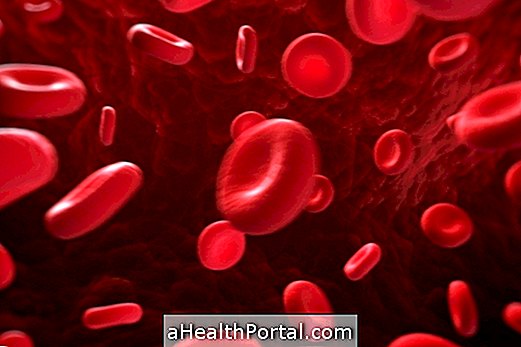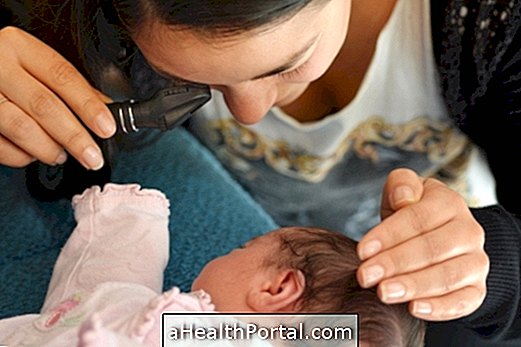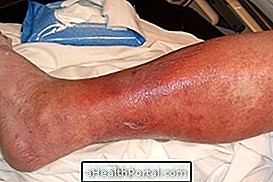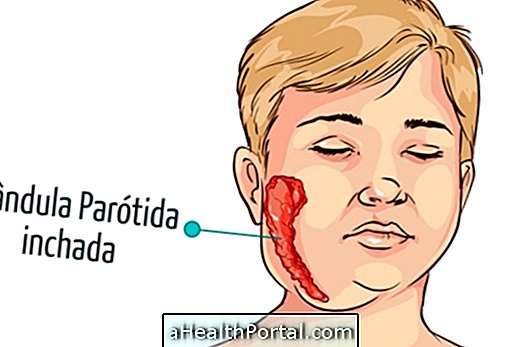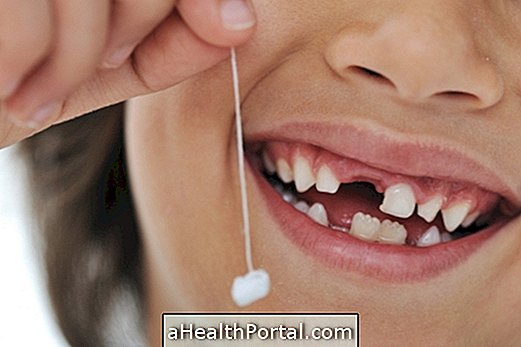Mild autism can be diagnosed at any stage of life and has no cure, but it is usually diagnosed in childhood when the child has some characteristics of autism that can be observed by family members or teachers, for example.
The first symptoms of mild autism can be observed when the child, between 3 and 5 years of age, already presents difficulties in relationship, speech and interaction with others.
Symptoms and characteristics of mild autism
The symptoms and characteristics of mild autism can cover one of these 3 areas:
- Problems in communication, such as not being able to speak correctly, misusing words, not being able to express oneself using words;
- Difficulty in socializing, such as difficulty having friends, initiating or maintaining a conversation, looking in the eyes;
- Behavior changes, such as repetitive pattern of movements and fixation by objects.
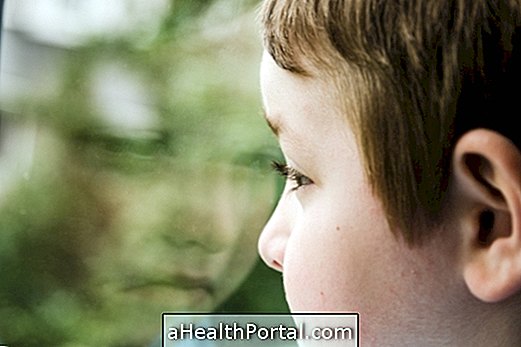
Some characteristics of autism that may help with your diagnosis are:
- Interpersonal relationship affected;
- Inappropriate laughter;
- Do not look into the eyes;
- Emotional coldness;
- Few demonstrations of pain;
- Like to always play with the same toy or object;
- Difficulty in focusing on a simple task and concretizing it;
- He prefers to be alone than play with other children;
- Apparently not to be afraid of dangerous situations;
- Keep repeating words or phrases in inappropriate places;
- He does not respond when called by name as if he were deaf;
- Access to anger;
- Difficulty expressing your feelings with speech or gestures.
Mild autistics are usually very intelligent and extremely sensitive to unexpected changes. The diagnosis of mild autism can be made by the psychiatrist at any stage of the individual's life, but usually occurs in childhood.
- 1
- 2
- 3
- 4
- 5
- 6
- 7
- 8
- 9
- 10
- 11
- 12
- 13
- 14
Is Autism?
Start the test


- Yes
- Not

- Yes
- Not

- Yes
- Not

- Yes
- Not

- Yes
- Not

- Yes
- Not

- Yes
- Not

- Yes
- Not

- Yes
- Not

- Yes
- Not

- Yes
- Not

- Yes
- Not

- Yes
- Not

- Yes
- Not
What to do if you suspect mild autism
In cases of suspected mild autism, talk to a psychologist or take the child to the pediatrician for testing to aid in diagnosis.
The behavior of the child should be evaluated by their family members and also by the school if the child attends. Sometimes autism takes months to be diagnosed because it is common for them to find that the child is uneducated or makes tantrums because their characteristics are not as clear as it is in autism.
Does Autism Have a Cure?
Most of the time light autism has no cure, what happens is that with the stimulation and speech therapy treatment, occupational therapy, psychology and adequate and specialized education, the autistic manages to achieve a development closer to normal.
However, there are reports of cases of patients diagnosed with autism before age 5 who appear to have achieved cure through treatment with a multidisciplinary team, but no further studies are needed to prove how the treatment can cure autism.
How to deal with mild autism
Treatment for mild autism is not always necessary, but it can be done through psychotherapy, for example. This science will help the autistic to develop and interact better with others, facilitating their lives and the lives of others.
Most autistic people need help in performing some tasks, but they are able to acquire independence to carry out most of the activities of daily living, but everything will depend on their degree of commitment and interest.
Here's how treatments can help you cope with autism:
- How Food Can Improve Autism
- Treatment of autism
- Music Therapy for Autism


